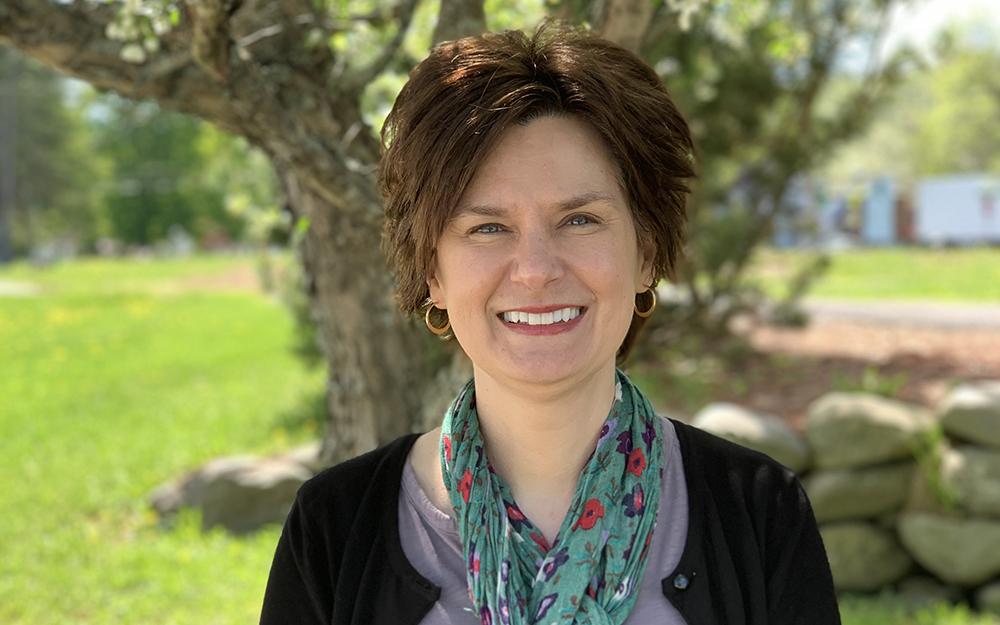FORT KENT, Maine – The University of Maine at Fort Kent Assistant Professor of Behavioral Science Lisa Lavoie, PhD, MAIS, LCPC-C, CADC, MHRT-C, CRC, has successfully defended her PhD dissertation entitled “Exploring the Experience of Supervisee Shame in Licensed Professional Mental Health Counselors: A Phenomenological Study” on August 28.
Dr. Lavoie was awarded her doctoral degree in counseling education and supervision by the University of the Cumberlands on October 27.
A phenomenological study recognizes that while the collective experience of individuals experiencing a specific phenomenon, in her study, shame in counseling supervision is important to consider, each individual experiences said phenomenon in a unique fashion. Utilizing a social constructivist framework whereby human definition and interpretation of a specific phenomenon is shaped by their cultural and historical contexts, Lavoie explored her six participants’ experiences of shame in supervision individually, as well as collectively. Her collective description of their unique experiences was deemed the essence of their lived experience.
Shame is a basic, self-conscious emotion that results in negative self-evaluation. Shame is ubiquitous, is deleterious to the wellbeing of humans, and results in a plethora of negative biopsychosocial implications. Experiencing shame often results in uncomfortable physiological manifestations; hence, humans seek to protect themselves from shame.
Clinical supervision is a social realm whereby junior counselors, whether fully or conditionally licensed, meet with a more senior colleague, referred to as a supervisor in the spirit of facilitating counselor competence and ensuring client welfare. While the primary functions of clinical supervision in counseling are to facilitate counselor competence and ensure client welfare, supervision’s evaluative and gatekeeping components often make shame an unavoidable consequence, can increase supervisee professional vulnerabilities, and encourage nondisclosure. Consequently, it is imperative that counselor educators and counseling supervisors recognize the saliency of shame in supervision.
Dr. Lavoie’s participants’ definitions of shame dovetailed with the definitions of shame provided in the literature. Moreover, their descriptions of a power differential arising in supervision and the potential accompanying shame adversely affected their willingness to share with their supervisor. They also described avenues by which shame could be minimized in the supervisory process.
Dr. Lavoie earned her master of arts in interdisciplinary studies – Maine studies from the University of Maine and her master of science in clinical rehabilitation counseling from the University of Southern Maine. She is a licensed clinical professional counselor, a certified alcohol and drug counselor, and a certified rehabilitation counselor.
Lavoie was hired at UMFK in 1990 and earned a full-time faculty position as an assistant professor of behavioral science in the behavioral science division in 2022.








